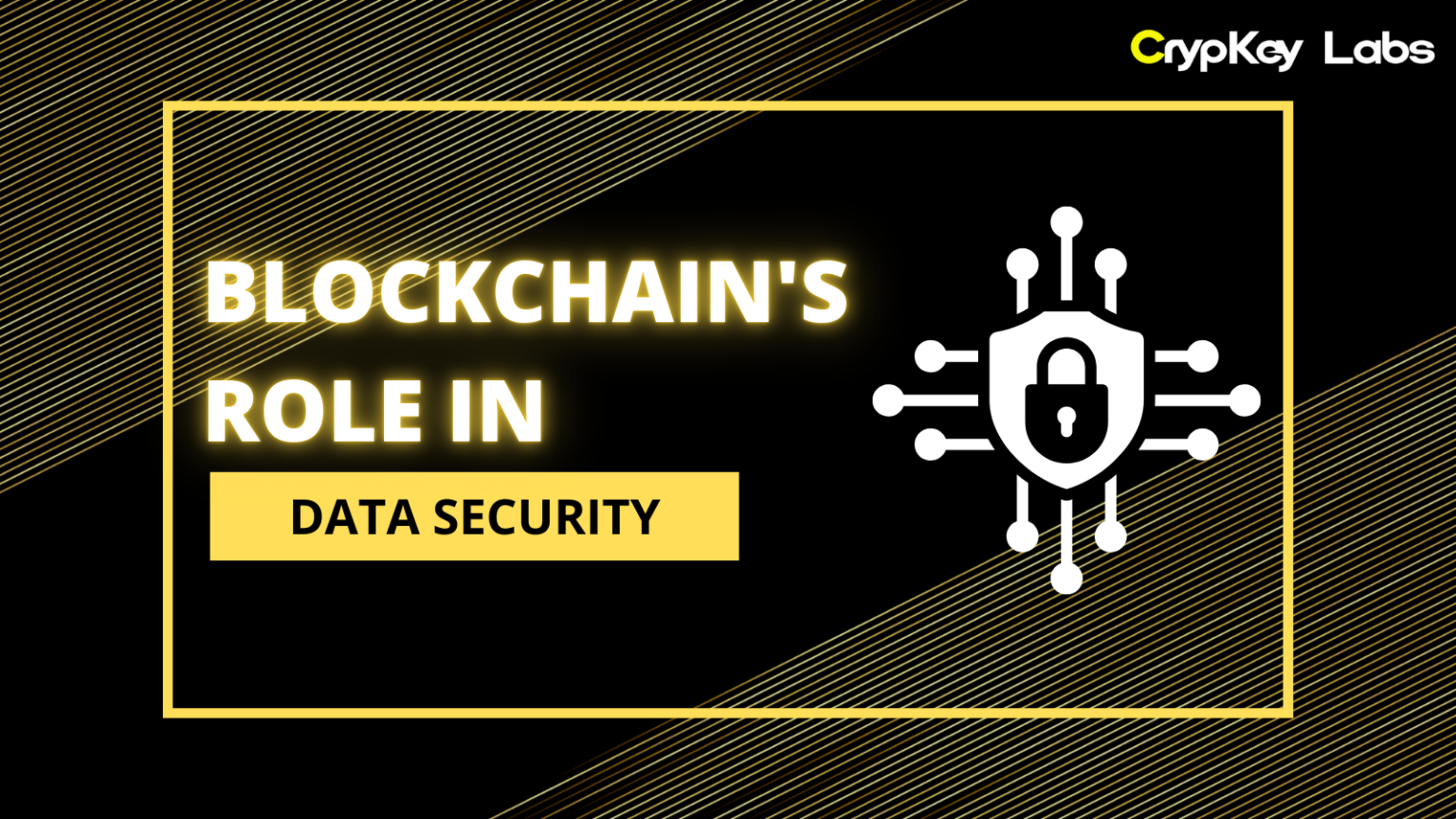In an era where data breaches, cyber threats, and privacy concerns are rampant, data security has become a pressing priority. Businesses, governments, and individuals alike are seeking robust solutions to protect sensitive information from unauthorized access and tampering. This is where blockchain technology steps in, offering a decentralized, transparent, and secure way to store and manage data.
In this blog, we’ll explore how blockchain works, its potential for enhancing data security, its applications across industries, and the challenges it faces. By the end, you’ll have a clearer understanding of why blockchain is being hailed as a game-changer in data security.
What is Blockchain?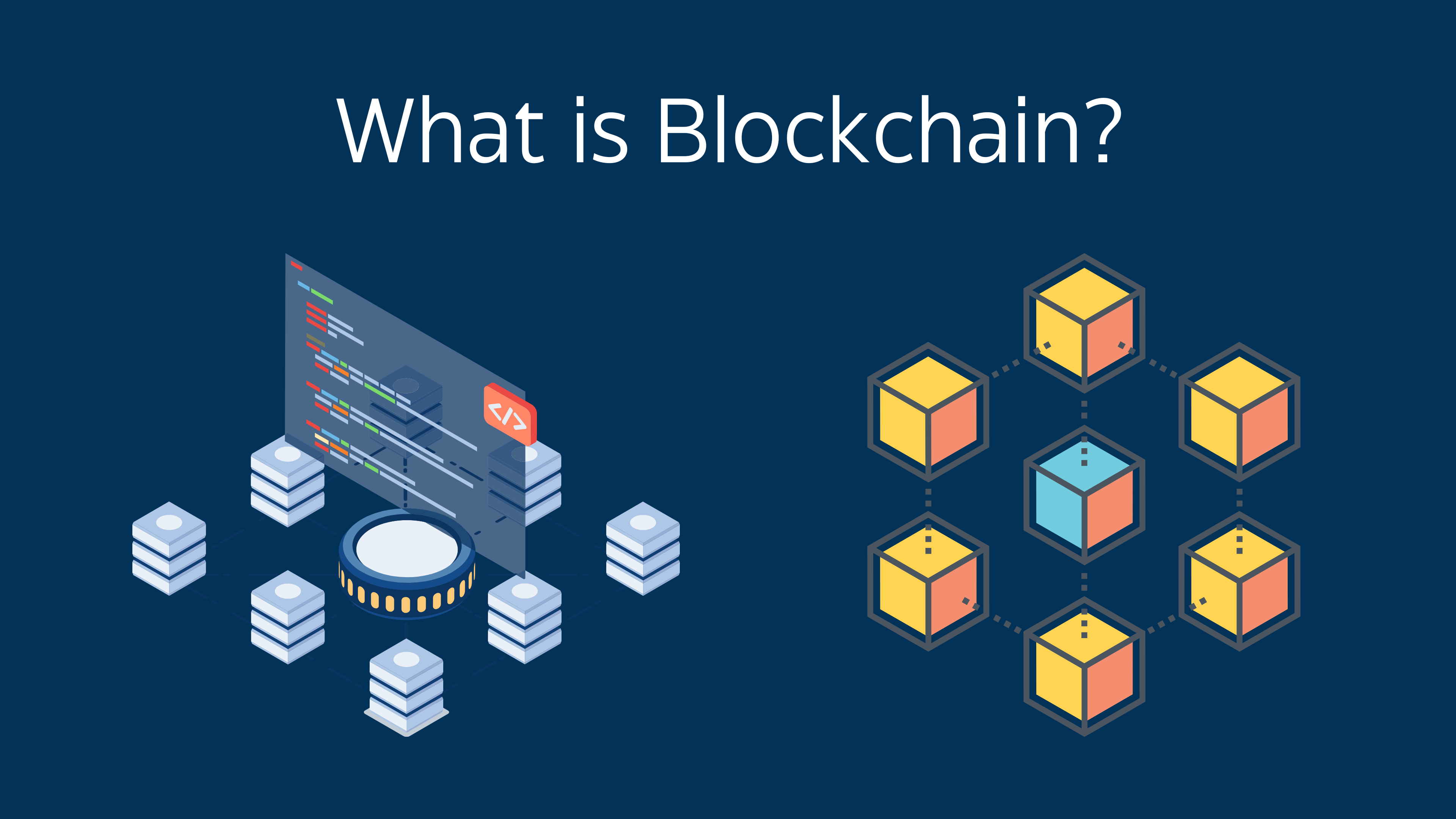
Before diving into its role in data security, it’s essential to understand what blockchain technology is. A blockchain is a digital ledger that records transactions across a decentralized network of computers. Unlike traditional databases, blockchain stores information in blocks that are linked together, forming an unalterable chain. Each new piece of data or transaction is added as a “block” and is encrypted, time-stamped, and connected to previous blocks, creating a highly secure chain of information.
How Blockchain Works
Blockchain technology relies on a decentralized network and uses consensus mechanisms to validate and add data to the ledger. Once data is verified, it is encrypted and added to a block, which links to other blocks to create an immutable chain. This means once data is recorded on the blockchain, it cannot be modified or deleted without consensus from the entire network, ensuring high data integrity and trustworthiness.
How Blockchain Enhances Data Security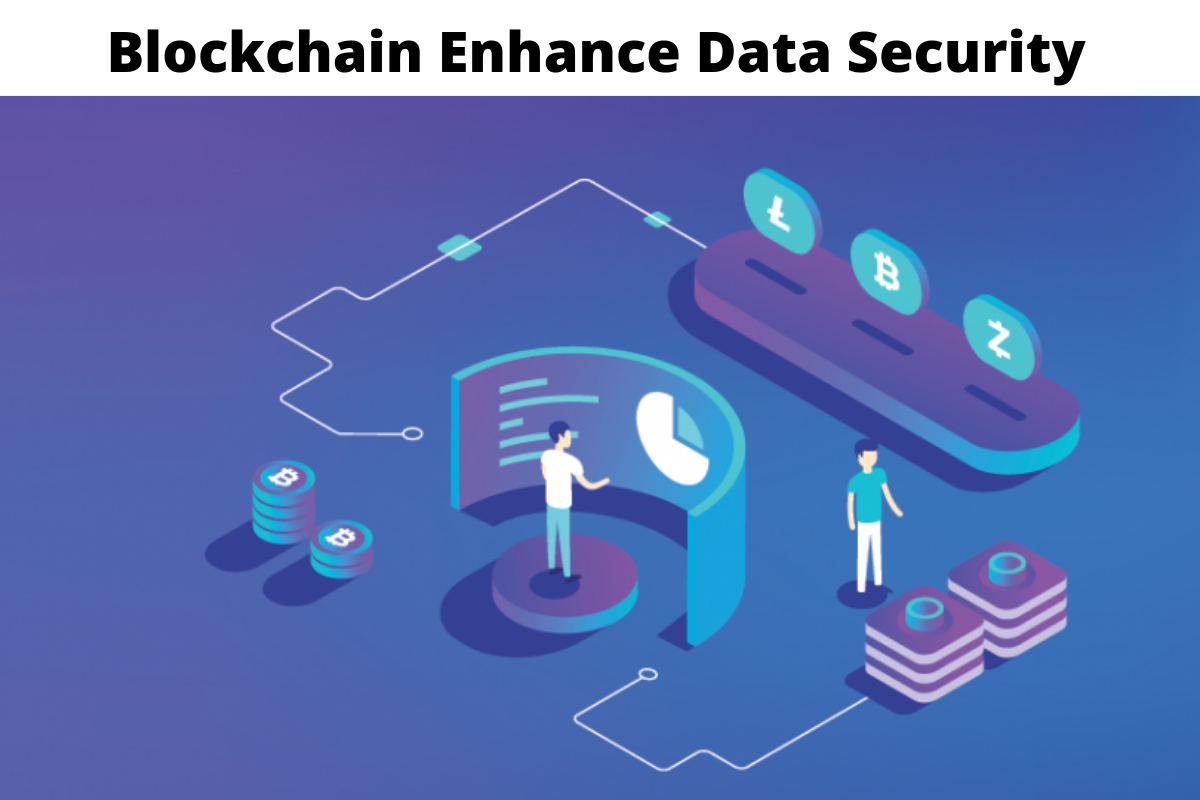
Now that we have a basic understanding of blockchain, let’s look at the ways it strengthens data security.
1. Data Integrity and Immutability
One of blockchain’s most significant advantages is its immutability, meaning data cannot be altered once it’s recorded. This feature makes it nearly impossible for malicious actors to tamper with data without leaving a trace. Every piece of data has a unique hash, and changing it would require altering every subsequent block in the chain, which is practically impossible without network consensus. This level of integrity is critical for organizations handling sensitive data.
2. Decentralization for Greater Security
Unlike centralized systems, where data is stored in one place and can be more vulnerable to attacks, blockchain’s decentralized structure distributes data across multiple nodes. This decentralization reduces the risk of a single point of failure, meaning that if one node is compromised, it won’t compromise the entire network. Decentralization also minimizes dependency on intermediaries, making the system more secure.
3. Encryption and Privacy
Blockchain uses advanced cryptographic algorithms to protect data, adding an extra layer of security. Information on the blockchain is encrypted, making it difficult for unauthorized parties to read it. In addition, certain blockchains offer privacy-focused features, such as zero-knowledge proofs, which allow data verification without revealing the underlying information, providing both security and privacy.
4. Transparent Transactions
Another security benefit of blockchain is its transparency. While the data itself remains encrypted, every transaction on the blockchain is visible to all participants in the network. This transparency enables easy auditing and tracking, ensuring that any irregularities or attempts at tampering can be quickly detected and traced.
Blockchain Applications in Data Security Across Different Industries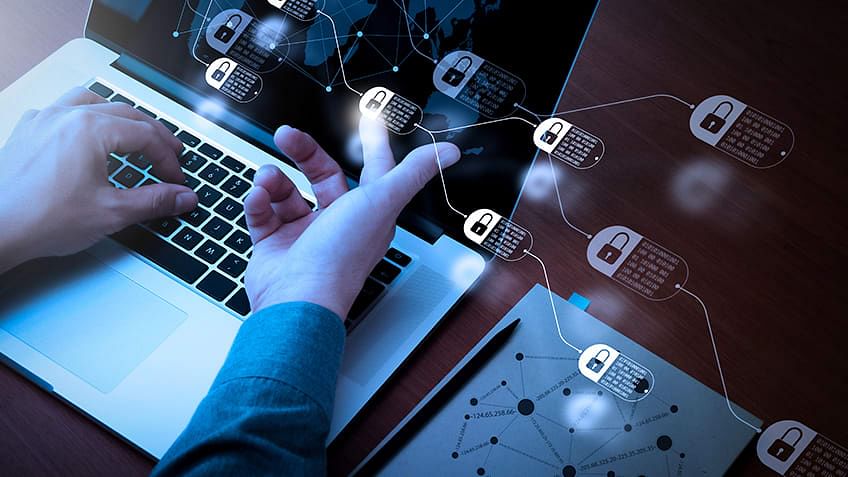
Blockchain’s secure structure and features are making waves across a variety of industries. Here are some key applications:
Finance and Banking
The finance sector has been an early adopter of blockchain technology, using it to secure transactions and reduce fraud. Blockchain’s immutability ensures that financial data cannot be altered after recording, while transparency enables easy auditing. Additionally, smart contracts on blockchain automate and verify transactions, reducing the need for intermediaries and further enhancing security.
Healthcare
Blockchain is also revolutionizing healthcare data management. Patient data is highly sensitive, and blockchain can secure this data by storing it in a decentralized, encrypted manner. This prevents unauthorized access while allowing authorized providers to access data efficiently, improving patient care. Blockchain’s transparency also makes it easier to trace and verify data, reducing errors and fraud.
Supply Chain Management
In supply chains, blockchain can track product journeys from manufacturing to delivery, securing data and reducing the risk of counterfeit goods. Blockchain’s immutability ensures that once data about a product’s origin and journey is recorded, it can’t be tampered with, enhancing trust and traceability in the supply chain.
Government and Public Sector
Governments handle vast amounts of sensitive data, from voter information to public records. Blockchain can help secure this data by providing a transparent, immutable ledger that can’t be easily tampered with. This promotes greater transparency and trust in public records, as well as reducing the risk of fraud and corruption.
Challenges and Limitations of Blockchain for Data Security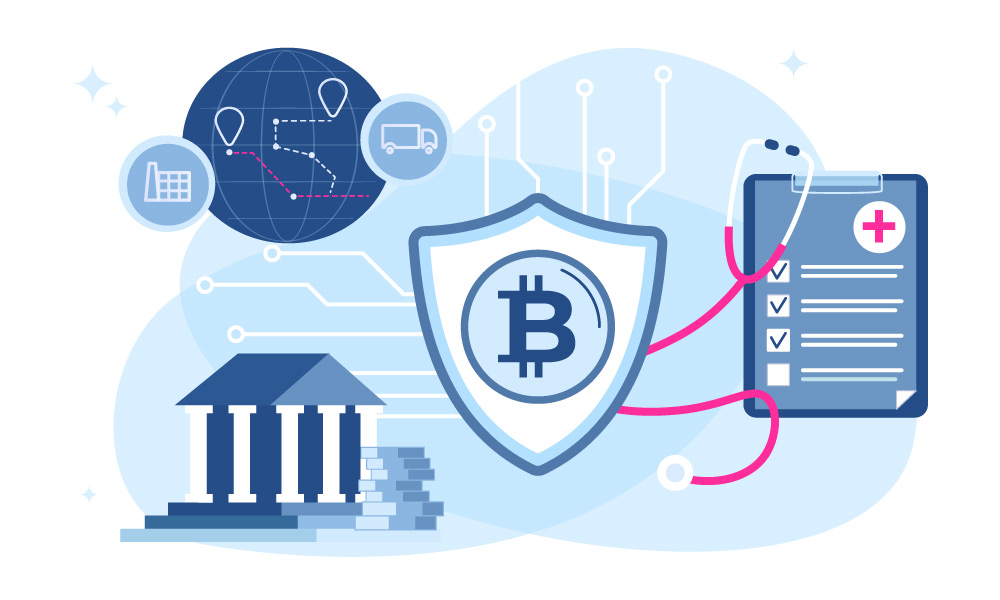
While blockchain offers many security benefits, it’s not without challenges.
Scalability Issues
As blockchain networks grow, the volume of data and transactions can make it difficult to scale. High transaction volumes can slow down the network and increase costs, making it challenging for large-scale applications. Emerging solutions like sharding are being developed to address these issues, but scalability remains a hurdle.
Energy Consumption
Many blockchain networks, especially those using proof-of-work (PoW) consensus mechanisms, consume significant energy. This energy-intensive process can impact the environment and increase operational costs, prompting some networks to explore more sustainable consensus models, like proof-of-stake (PoS).
Regulatory and Compliance Challenges
Blockchain’s decentralized nature poses regulatory challenges, as it doesn’t fit neatly within existing legal frameworks. Privacy regulations like GDPR in the European Union conflict with blockchain’s immutability, creating legal uncertainties. Governments and organizations will need to address these regulatory challenges to realize blockchain’s full potential.
Future of Blockchain in Data Security
Despite the challenges, the future of blockchain in data security is promising, with advancements continually being made.
Technological Advancements
Innovations like sharding and Layer-2 solutions are helping blockchain scale more effectively, allowing it to handle larger data volumes without compromising security. These advancements will enable blockchain to become more practical for large-scale data security applications.
Integration with AI and IoT
Combining blockchain with AI and IoT has the potential to create even more secure and efficient systems. For example, AI can help detect anomalies in data patterns, while IoT can enhance the traceability of data collected by smart devices, both benefiting from blockchain’s secure storage capabilities.
Growing Adoption Across Industries
As industries recognize the value of secure, transparent data management, blockchain adoption is likely to grow. From securing personal identities to protecting corporate data, blockchain’s applications in data security are expected to expand, setting the stage for a safer digital future.
Conclusion
Blockchain technology has the potential to revolutionize data security across industries. With features like data immutability, decentralization, encryption, and transparency, blockchain addresses many of the common issues faced in traditional data security. While challenges remain, ongoing innovations and increasing adoption suggest that blockchain will play a significant role in shaping the future of data security.
As we look forward, businesses and organizations should consider blockchain as a critical component of their data security strategies to stay ahead in a world where data protection is paramount. Blockchain’s unique capabilities offer a promising solution to protect our most valuable asset: information.

